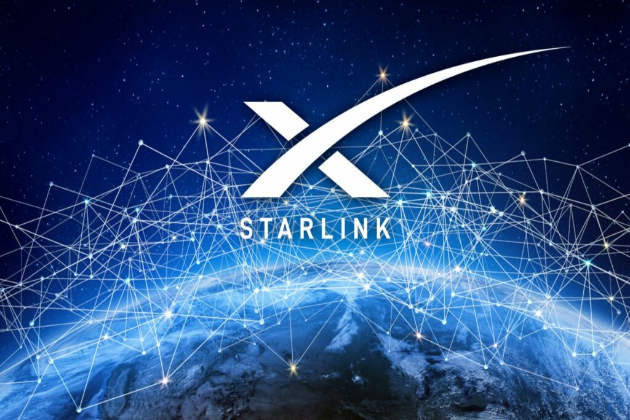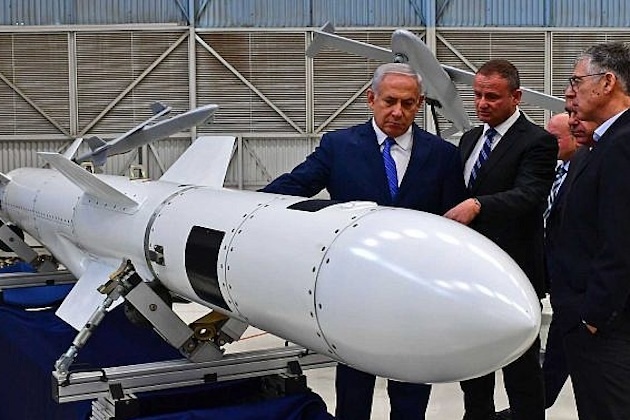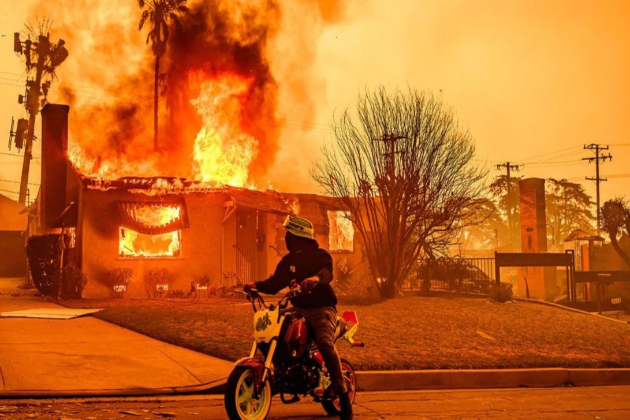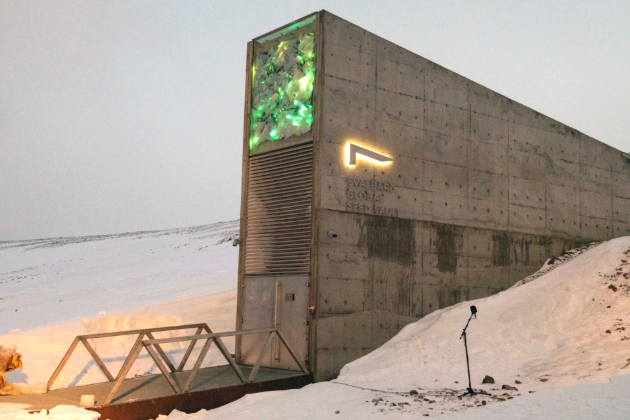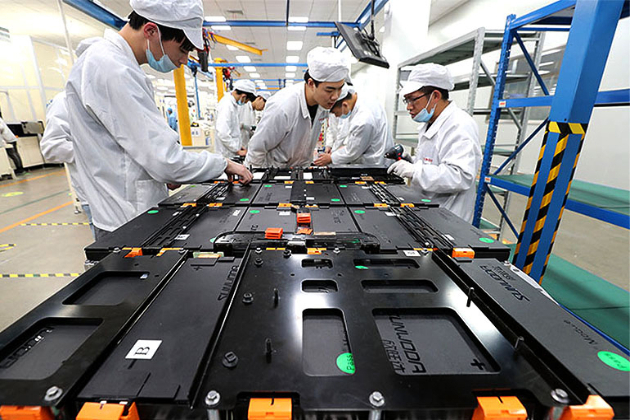DMZ Summit May Ease Some Tensions, But Underlying Issues Remain
Voice of America
02 Jul 2019, 02:06 GMT+10
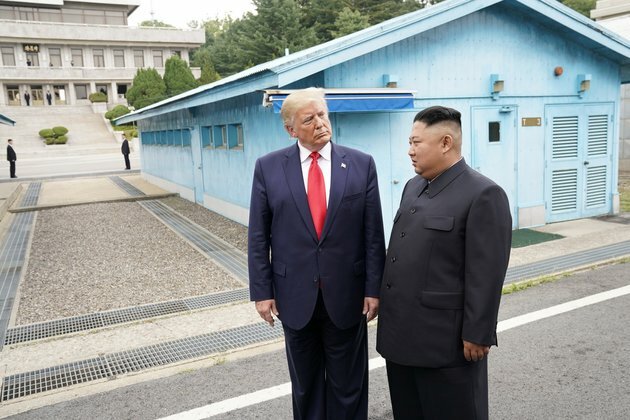
President Donald Trump made history Sunday by becoming the first sitting U.S. president to set foot on North Korean soil. But the way the summit came about was no less significant.
Trump's visit to the demilitarized zone (DMZ) between North and South Korea had been planned for some time with Seoul's assistance. But according to public remarks by Trump and North Korean leader Kim Jong Un, Trump's offer and Kim's acceptance of the meeting both came at a moment's notice.
The unexpected summit was a clear demonstration of growing rapprochement between the two leaders. However, it remains unclear whether the warming ties between the two will lead to improved relations between their countries. The future of U.S.-North Korea relations is likely to depend on whether the sides can resolve the nuclear issue diplomatically.
Revival of diplomacy
Since the failed Hanoi summit in February, Washington and Seoul have been seeking ways to revive diplomacy with North Korea, and many experts saw Trump's visit to South Korea as the last best chance to salvage the process. The two allies appear to have accomplished that mission with North Korea's commitment, according to Trump, to resume talks "over the next two or three weeks."
The revival of diplomacy will likely contribute to reducing tensions between Washington and Pyongyang. It is also liable to contain Pyongyang's aggression - something that Washington and Seoul badly need. When Pyongyang fired a barrage of missiles two months ago, in an apparent show of frustration and anger with the outcome of the Hanoi summit, Seoul and Washington desperately downplayed the significance of the North Korean move.
Kim Jong Un's dilemma
The latest summit is likely to help Kim gain stature on the international stage, just as the previous two summits did. It could also embolden Kim to pursue his negotiating strategy of dealing with Trump directly while trying to avoid working-level talks.
However, it leaves Kim in a dilemma. Trump's walkout from the Hanoi summit was largely seen as an embarrassing defeat for the North Korean leader. Since then, Kim has shuffled his negotiating team and set a new condition for future talks with the U.S: In a speech to the Supreme People's Assembly in April, Kim vowed not to meet again with Trump unless Washington came up with a new approach by the end of the year.
By accepting Trump's invitation to the DMZ, Kim has reversed himself without any face-saving justification. In fact, just two days before Trump's visit to South Korea, North Korea repeated its demand that the U.S. change its attitude, reminding Washington of the April ultimatum. Analysts will be fascinated to see how the North's state media portray the latest Trump-Kim summit.
South Korea's role as mediator
After the Hanoi summit, North Korea shifted its stance toward South Korea from one of cooperation to open hostility and began working to undermine South Korean efforts to mediate between Washington and Pyongyang. Seoul, meanwhile, has been pushing Pyongyang to change its course, and the DMZ summit could give those efforts needed momentum.
South Korean President Moon Jae-in reportedly employed intensive diplomatic efforts to persuade Trump to include his country in his G-20 itinerary, and he succeeded in bringing Trump to the DMZ - a potent symbol of conflict and division.
However, it remains to be seen whether Moon has successfully fended off the North Korean diplomatic offensive against his country. Critics say Seoul's diplomatic gains from the weekend visit will not be as big as they appeared to be, since it was Trump, not Moon, who invited Kim to the DMZ.
Moon briefly met with Kim when the North Korean leader and Trump greeted each other before the summit. But Moon did not participate in the summit. Critics argue Seoul could even see its role as a mediator between Washington and Pyongyang diminishing as Trump deepens his personal engagement with Kim.
Prospects for nuclear talks
Many difficulties lie ahead for negotiators from both sides.
First, Washington and Pyongyang differ over how to achieve denuclearization. Pyongyang demands a step-by-step approach in which Washington would reward each step Pyongyang takes toward denuclearization with an equivalent easing of sanctions.
So far, Washington has refused to accept that approach. Instead, it has been insisting on a "simultaneous and parallel" movement toward denuclearization. Some media in Seoul and Washington wrongly portray this position as equivalent to the incremental approach demanded by Pyongyang, but this difference is one of the reasons the Hanoi summit collapsed.
Washington and Pyongyang also differ over the significance of the dismantlement of North Korea's Yongbyon nuclear complex. Kim has offered to dismantle the complex in return for sanctions relief, a suggestion that has been rejected by Washington.
Despite the pomp and circumstance of the DMZ theatrics between Trump and Kim, there is deep skepticism among many in Washington over whether North Korea will ever abandon its nuclear weapons in a manner acceptable to the United States.
 Share
Share
 Tweet
Tweet
 Share
Share
 Flip
Flip
 Email
Email
Watch latest videos
Subscribe and Follow
Get a daily dose of North Korea Times news through our daily email, its complimentary and keeps you fully up to date with world and business news as well.
News RELEASES
Publish news of your business, community or sports group, personnel appointments, major event and more by submitting a news release to North Korea Times.
More InformationInternational
SectionFresno State suspends two players, removes one amid gambling probe
FRESNO, California: Fresno State suspended two of its top men's basketball players last weekend and removed a third player from the...
Poland to continue covering Ukraine’s Starlink costs, says deputy PM
WARSAW, Poland: Deputy Prime Minister Krzysztof Gawkowski confirmed over the weekend that Poland has been covering the cost of Ukraine's...
Opinion - Israel's government exploited hostages
Israel sustained the West's support for its slaughter in Gaza for 15 months only through an intensive campaign of lies. It invented...
Pentagon to cut 5,400 jobs amid Trump’s federal workforce reduction
WASHINGTON, D.C.: The Pentagon announced this week that it will cut 5,400 jobs as part of President Donald Trump's plan to shrink the...
Newsom urges Congress for $40 Billion to aid LA wildfire recovery
SACRAMENTO, California: California Governor Gavin Newsom is urging Congress to approve nearly US$40 billion in federal assistance to...
USDA scholarship for underserved students from Black colleges on hold
WASHINGTON, D.C.: A U.S. government scholarship program designed to help students from underserved and rural areas attend historically...
Business
SectionPersonal Consumption Expenditures price index in January improves slightly
WASHINGTON, DC - The U.S. Federal Reserve seemingly has inflation under control with the latest econbomic data confirming little push...
Arctic’s Svalbard Seed Vault to receive 14,000 new samples
COPENHAGEN, Denmark: A remote Arctic facility designed to preserve the world's agricultural diversity is set to receive a major new...
BP shifts focus back to fossil fuels, scaling down renewable goals
LONON, U.K.: British Petroleum is set to abandon its ambitious renewable energy expansion targets in favor of a stronger focus on fossil...
Volkswagen partners with CATL to boost China EV expansion
WOLFSBURG, Germany: Volkswagen is strengthening its push into China's electric vehicle (EV) sector by partnering with CATL, the world's...
U.S. stock markets plummet as trade war heats up
NEW YORK, New York - U.S. stocks floundered on Thursday as new trade tariffs were imposed, and those paused were given the green light. ...
Unauthorized vapes surge: US sales hit $2.4 billion despite curbs
LONDON, U.K.: Despite regulatory efforts, unauthorized disposable vapes continue to dominate a significant portion of the U.S. e-cigarette...


